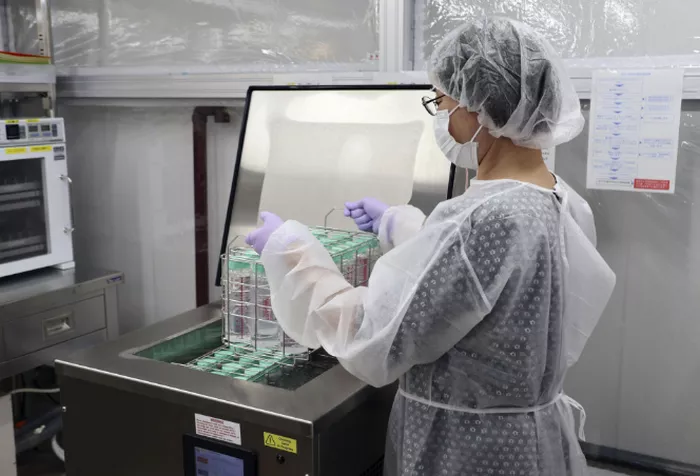In Japan, the use of donor human milk banks is steadily increasing as a vital measure to protect premature babies with underdeveloped organs from diseases.
However, organizers of these milk banks are encountering challenges meeting the growing demand. Issues such as insufficient funding and staffing shortages are hindering their ability to expand operations. Experts emphasize the crucial need for raising awareness to attract more donors.
A 33-year-old woman shared her experience, stating, “With (my baby) in a life-or-death situation, I wanted to do everything possible.” Her daughter, born four months premature weighing only 400 grams in 2019, faced a 50 percent chance of survival. Unable to provide breast milk herself, she opted for donated milk, which significantly reduced the risk of death. Her daughter, now nearly 5 years old and healthy, attends kindergarten thanks to the donors she’s grateful to.
Currently, Tokyo and Aichi Prefecture host three milk banks that sterilize, freeze, and distribute donor breast milk to hospitals upon request. This milk is crucial for babies weighing less than 1,500 grams whose mothers are too ill to produce sufficient breast milk due to premature birth.
The number of infants receiving donor milk has risen, with 103 medical institutions across 40 prefectures accessing the service as of 2018. In the fiscal year ending March 2023, 1,118 babies received donor milk, up from 813 the previous year. However, the demand still exceeds supply, with an estimated 5,000 babies needing it annually.
Professor Katsumi Mizuno from Showa University underscores the effectiveness of donated human milk in reducing risks like necrotizing enterocolitis, retinopathy of prematurity, and chronic lung disease compared to infant formula.
Despite the benefits, challenges persist. For instance, one milk bank in Tokyo operated by the Japan Human Milk Bank Association relies on hospital fees and donations, but financial losses are a concern. The association faces hurdles in adjusting fees due to hospitals’ financial constraints.
The Ministry of Health, Labor and Welfare is contemplating increased support for human milk banks. However, classification of donor breast milk as food or medicine remains undecided, complicating the process.
Recently, a milk bank at Pigeon Corp.’s Tokyo office raised 25 million yen through crowdfunding to acquire a new sterilizer, ensuring continued operations. Nevertheless, with limited funds, the bank operates with only one full-time staff member, raising fears about its sustainability.
Additionally, efforts to recruit donors are ongoing, with 607 registered in fiscal 2023. Mizuno stresses the importance of establishing guidelines to ensure all infants weighing less than 1,500 grams nationwide have access to donor milk, aiming to provide a safe option for those in need across Japan.


